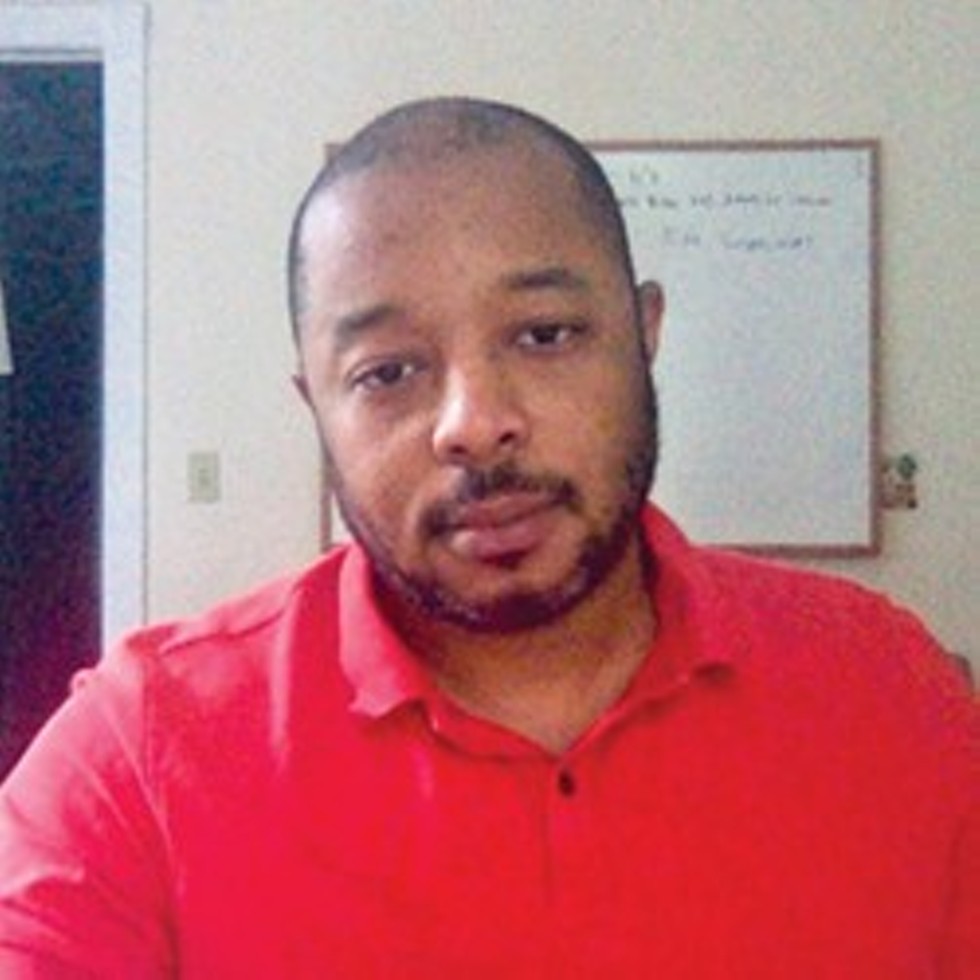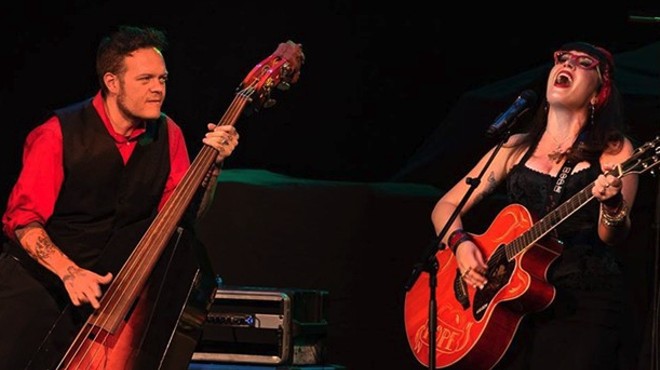When you first heard about the movement to abolish the police, did something clench up inside? Same here. Many find the notion bewildering, unthinkable: How would society function? In defense, we step back from that abyss of uncertainty and erect a wall of rationality. “Abolishing the police is crazy,” we assure ourselves, in an unsettling echo of the president’s Twitter feed. At our most charitable, we afford the concept a rash idealism made understandable by the narcotic effects of marches and tear gas. Inevitably though, we settle for the “undeniable reality” that abolishing the police is “impossible” and that we must “first” try reform.
But perhaps we’ve got it backwards. New York State has just repealed law 50-a, a landmark victory for open government and police reform advocates. In its wake, citizens can use Freedom of Information requests to study an officer’s disciplinary record. Unfortunately, robust transparency laws in Illinois have failed to significantly reduce police violence in Chicago. Eric Garner lost his life in 2014 to a chokehold the NYPD outlawed in the 1990s. Nine hours of de-escalation training did not deter Rayshard Brooks’s killer from reaching for his gun after failing to apprehend a fleeing suspect. Body cameras lack the authority to prevent officers from turning them off.
This record of stalled reform has a long history. In the 1960s, New York City Mayor John Lindsay established one of the nation’s first civilian review boards, only to face severe political reprisal from white ethnic voters. Once we become aware of this history, it is legislative reform that takes on the contour of psychosis; a repetition compulsion where we citizens continually reenact the traumatic event—our tacit consent to the state’s policing power—in search of a different outcome.
Hold that for a moment. All the nonabolitionist reforms to policing have been tried, and still we find ourselves amid a global outcry against police abuse. What if, then, our “rational” belief in the viability of the police is actually a kind of wish-casting? If so, a turn to television may help us make sense of the role the police play in our collective fantasy life. For decades, television has offered the police as a parental figure equally lionized and resented—depending on one’s political orientation—but, like all parents, one who evades our attempts to detach and individuate. Take “The Andy Griffith Show,” a fairytale of small-town policing that was one of the most popular TV shows from 1960 to 1968, the height of Civil Rights protests. Show writers made the titular character a sheriff who functioned as the benign patriarchal village vicar (fans of contemporary British mysteries may already be associating to programs like “Father Brown”). Griffith spent far more time settling minor conflicts, always with each party’s best interest at heart, than he did tracking down criminals. Imagine the experience and psychic implications of switching between news coverage of Bull Connor setting attack dogs on peaceful protestors in Birmingham and episodes of Andy Griffith’s benign cop paternalism. A few decades later, “Cagney and Lacey” became the first cop show to feature policewomen as fierce mama bears. If they skirted proper police procedure, viewers remained sure that this was due to an excess of care, rather than a disregard for the constitutional rights of alleged offenders. Later still, Mariska Hargitay would perfect the genre as Captain Olivia Benson, a special victims unit detective whose approach to crime fighting was molded by her physically and emotionally abusive mother. In turn, Benson uses any tactic at her disposal to become the ultimate protector of those who, like her child-self, are unable to protect themselves. As viewers, we delight in Benson’s maternal violence against the monsters in all our bedroom closets.
I could go on (Andre Braugher’s gruff and distant father figure on “Brooklyn Nine-Nine” deserves honorable mention), but no doubt you get the point. Our familial attachment to the police has been drilled into us by popular culture, and our resistance to abolition speaks as much to a trust deficit in our capacity to self-govern as it does to crime anxiety. All of the failed reforms mentioned above only reify our dependence upon police by allowing us to maintain the fantasy that they will, finally, come to love us and treat us in a way that makes us feel safe. Safety though, itself, is an impossibility, one harder to achieve than the abolition of the police.
Thankfully, there are alternatives. Kingston Resilience Group is sponsoring a new initiative, neighborhood pods, that is meant to scale down mutual aid to the neighborhood level. Within a “pod,” neighbors construct a new, horizontally oriented social contract between themselves. While most mutual aid focuses on the delivery of essential services, neighborhood pods would also create intentional agreements around safety. Pod members may choose to pool resources to replace stolen property, to engage in rideshares if a car is vandalized, to supply food if someone is injured in a violent attack. Participants may agree to not call the police, refusing to absolve themselves of the responsibility to resolve conflict amongst themselves.
These approaches eliminate the false choice between an evil “doer” and an innocent “done to;” which in turn, reframes crime from an absolute “wrong” to a blow to healthy communal relationships. Such a reframing, some argue, invalidates those who’ve suffered from violent crime and sexual assault. I contend though, that our relationships to each other are precious—they and we are enough—and maintaining them is worth examining and altering any behavior that shatters those bonds. I am not a reductionist. Dependence upon external moral authority—the state, the police, our parents—does not violate us in the “same” way violent crime can. That dependence though, does damage our autonomy in ways no less important than the impact of violent crime. Most importantly, punishment is also violence, and policing in its current form pays that violence forward throughout our entire society.
If these suggestions feel destabilizing, I encourage you to take a breath to consider the powerful allure of the police as parental figure. Once there, we can take account of the active role we play in authorizing the worst police abuses. And also, once there, we can make the decision to try something different. Please consider joining our sand boxes of self-governance by signing up at Kingstonmutualaid.org/neighborhoodpods.
This article was originally published as part of The Future Is Now: Building a Better New Normal package in the July 2020 issue of Chronogram.
Kwame Holmes is Scholar-In-Residence at the Human Rights Project at Bard College and a contributor to Kingston Resilience Group's Neighborhood Pods initiative. Follow him on Twitter @KwameHolmes.
The River is a nonpartisan news organization, and the opinions of columnists and editorial writers do not necessarily reflect the opinions of the newsroom.














